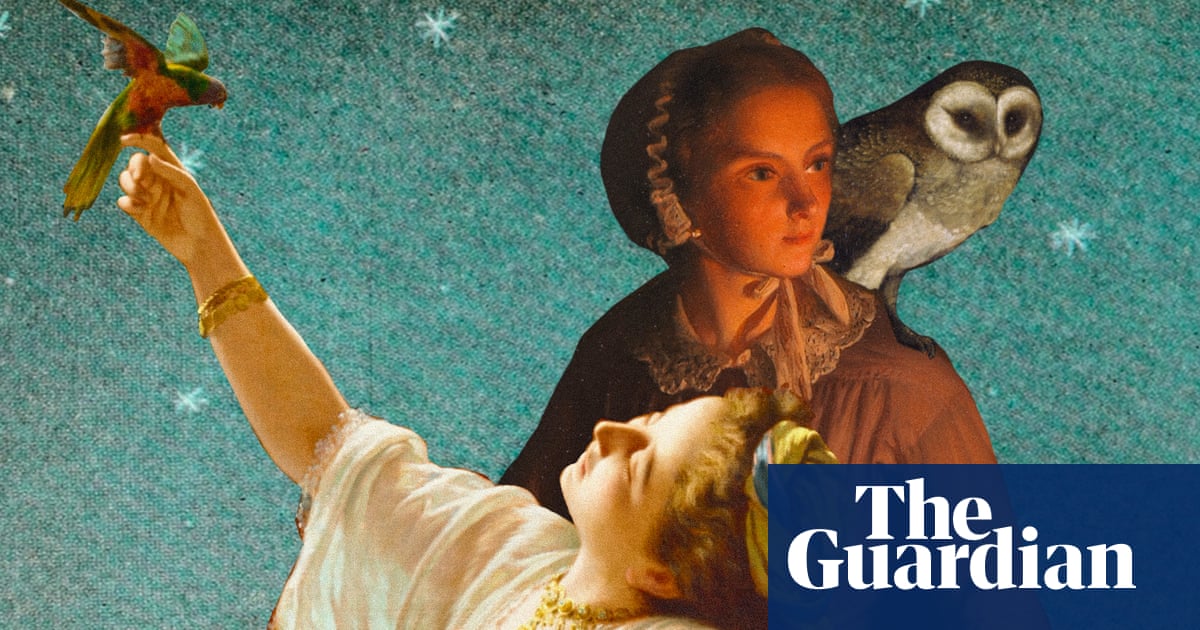
"For most of my life I have identified as a night owl, clambering out of bed as late as possible and not so much seizing but reluctantly easing into the day. US work culture is not really optimal for night owls. Rather, it favours CEOs who get up at 4am and run a marathon while the rest of us hit the snooze button. Still, I always consoled myself with the idea that night owls are actually more intelligent and creative than their early bird counterparts."
"However, something weird has happened. Due to a combination of existential dread, cutting out alcohol and having a small child who wakes me up at an ungodly hour, I've started to go to bed earlier and earlier. These days, a 9pm bedtime is perfection. The idea of routinely staying up until the wee hours, as I used to, is now horrifying."
A lifelong night owl describes shifting toward an earlier schedule, now preferring a 9pm bedtime after existential anxiety, stopping alcohol and caring for a small child. The change raises questions about whether sleep timing can change or if external pressures enforce new routines. An internal biological clock, or circadian rhythm, governs alertness, sleep, hormone secretion and blood pressure. Chronotype denotes a circadian preference toward morningness or eveningness. Someone with an early chronotype will naturally find it easier to fall asleep early than someone with a later chronotype. Cultural work schedules often favor early risers.
Read at www.theguardian.com
Unable to calculate read time
Collection
[
|
...
]